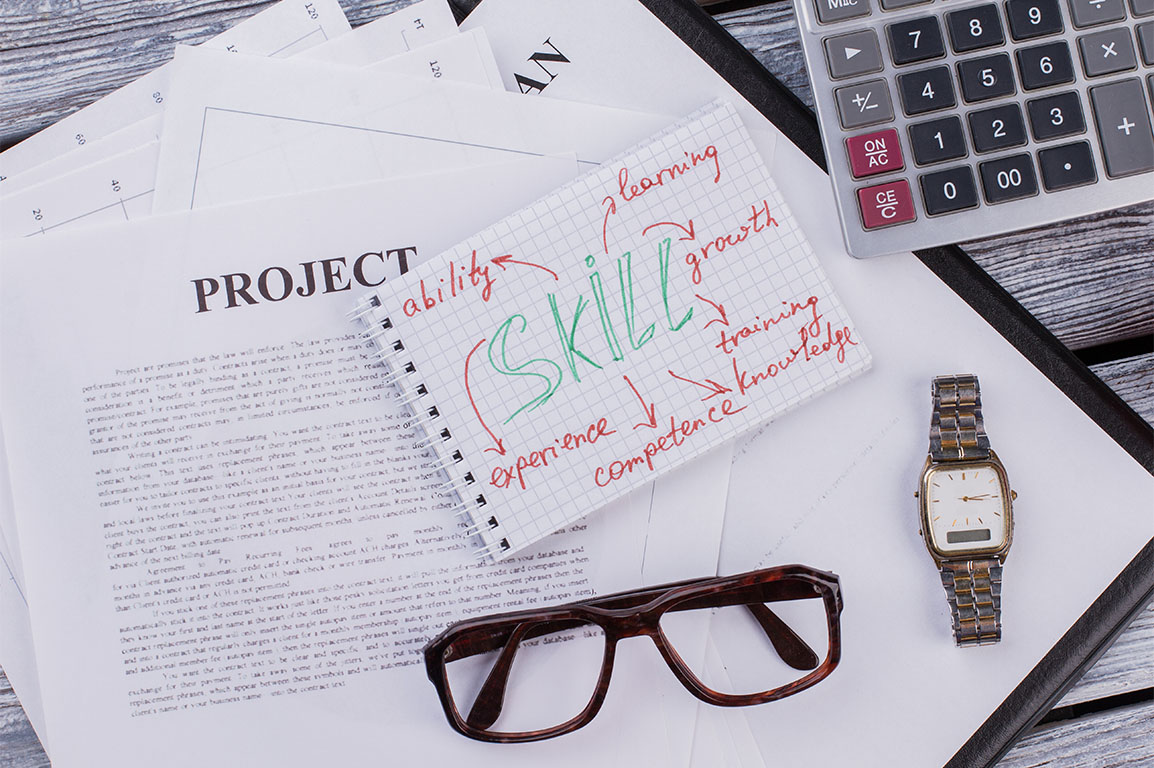In today’s fast-paced world, stress has become a common companion in our daily lives, impacting our mental, emotional and physical well-being. At 1XL, we understand the importance of managing stress effectively to maintain balance, resilience and overall wellness. In this comprehensive guide, we share valuable insights and practical tips from 1XL’s wellness planners to help you navigate stress and cultivate a healthier, more fulfilling life.
Understanding Stress and Its Impact
Stress is a natural response to challenging or threatening situations, triggering a cascade of physiological and psychological reactions in the body. While some stress can be beneficial, chronic or excessive stress can have detrimental effects on our health, contributing to issues such as anxiety, depression, insomnia and cardiovascular problems.
The Role of 1XL’s Wellness Planners
1XL’s wellness planners are dedicated to supporting individuals in managing stress and enhancing overall well-being through personalised guidance, resources and programs. Drawing from their expertise in holistic wellness, our planners offer insights and strategies to help individuals build resilience, cope with stressors and cultivate a balanced lifestyle.
Practical Stress Management Techniques
Now, let’s explore effective stress management techniques recommended by 1XL’s wellness planners:
- Mindfulness Meditation
- Engage in daily mindfulness meditation practice to cultivate present-moment awareness and reduce stress.
- Set aside dedicated time each day for meditation, focusing on your breath, sensations or a guided meditation script.
- Notice any thoughts or emotions that arise without judgement, allowing them to pass through your awareness with acceptance and compassion.
- Physical Activity
- Incorporate regular physical activity into your routine to alleviate stress and promote overall well-being.
- Choose activities that you enjoy, such as walking, jogging, yoga or dancing and aim for at least 30 minutes of exercise most days of the week.
- Physical activity releases endorphins, which are natural mood-boosting chemicals that can help reduce stress and improve your mood.
- Deep Breathing Exercises
- Practise deep breathing exercises to activate the body’s relaxation response and calm the nervous system.
- Try the 4-7-8 breathing technique: inhale deeply through your nose for a count of four, hold your breath for a count of seven, then exhale slowly through your mouth for a count of eight.
- Repeat this cycle several times, focusing on the rhythm of your breath and allowing tension to melt away with each exhale.
- Progressive Muscle Relaxation (PMR)
- PMR involves tensing and relaxing different muscle groups in the body to release physical tension and promote relaxation.
- Start by tensing a specific muscle group, such as your fists or shoulders, for 5-10 seconds, then release and allow the muscles to relax completely.
- Move systematically through each muscle group, from your toes to your head, progressively releasing tension and promoting deep relaxation.
- Healthy Lifestyle Habits
- Maintain a balanced diet rich in whole foods, fruits, vegetables and lean proteins to support your body’s stress response and overall health.
- Prioritise adequate sleep to recharge your body and mind, aiming for 7-9 hours of quality sleep each night.
- Limit caffeine and alcohol intake, as these substances can exacerbate stress and interfere with sleep quality.
- Social Support and Connection
- Cultivate meaningful relationships and social connections to provide support and buffer against stress.
- Reach out to friends, family members or support groups for emotional support, encouragement and companionship during challenging times.
- Engage in activities that foster connection and belonging, such as volunteering, joining clubs or organisations or participating in group activities.
- Time Management and Prioritization
- Develop effective time management strategies to reduce feelings of overwhelm and improve productivity.
- Break tasks into smaller, manageable steps, prioritise your to-do list and allocate time for rest and relaxation.
- Set realistic goals and boundaries and learn to say no to excessive commitments that may contribute to stress and burnout.
Conclusion
In conclusion, effective stress management is essential for maintaining overall well-being and resilience in the face of life’s challenges. With the guidance of 1XL’s wellness planners and the implementation of these practical techniques, you can cultivate greater awareness, resilience and balance in your life. By prioritising self-care, engaging in stress-reducing activities and seeking support when needed, you can navigate stress more effectively and cultivate a healthier, more fulfilling life.










